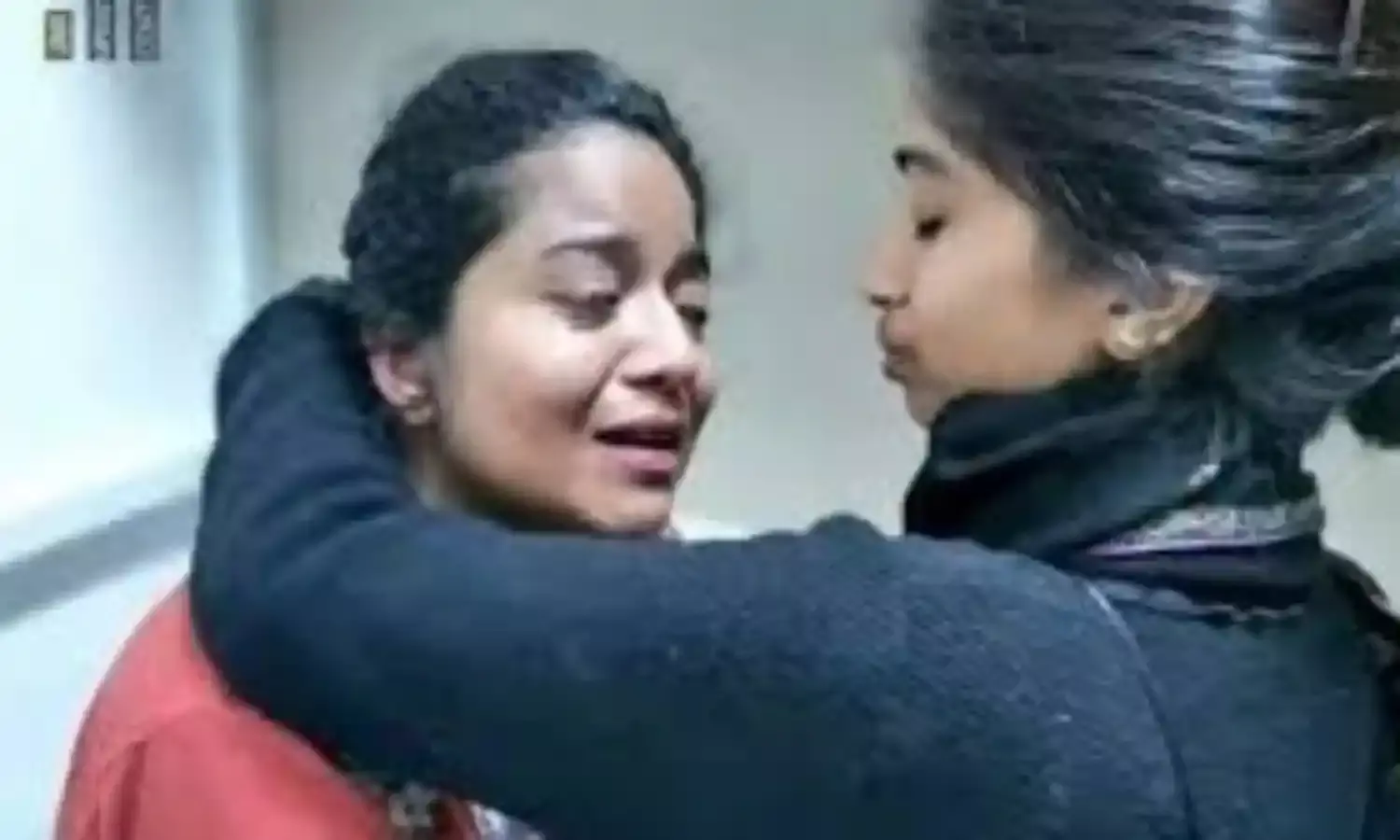American Bar Association Calls for “Immediate Release” of Safoora Zargar
ABA Centre for Human Rights intervenes

The Center for Human Rights, American Bar Association (ABA) has said that the pre-trial detention of Safoora Zargar does not appear to meet international standards of human rights. The Center has urged the Court “to uphold India’s moral and legal obligations given the pandemic” and called for Zargar’s immediate release.
“International law, including treaties to which India is a State party, only permit pre-trial detention under narrow circumstances which do not appear to have been met in Ms. Zargar’s case,” the Center’s report said. “The International Covenant on Civil and Political Rights (ICCPR) states that “it should not be the general rule that persons awaiting trial shall be detained in custody.””
The report notes that Zargar, who is currently in the second trimester of her pregnancy, was first arrested on April 10 on charges of blocking a road during the anti-CAA protests. While her request for bail was granted by a magistrate—citing reasons of “her pregnancy, health condition, and the directives issued by the Indian Supreme Court on decongestion of prisons during COVID-19”—Zargar was re-arrested soon after on new charges that included non-bailable offences under the Unlawful Activities (Prevention) Act (UAPA).
Zargar’s subsequent request for bail was rejected on April 21 with “no justification for her continued detention”, and again on June 4 by the Patiala House Court. The Center’s report quotes the UN Human Rights Council: “pretrial detention should not be mandatory for all defendants charged with a particular crime without regard for individual circumstances.”
“Given the lack of evidence in the FIR linking Ms. Zargar to acts of violence, it is unclear why alternatives to pre-trial detention were not considered adequate by the court in this case,” the Center said. It further added that Zargar’s detention is unreasonable considering her pregnancy and the risk of contracting COVID-19 in jail.
“The United Nations Rules for the Treatment of Women Prisoners and Non-Custodial Measures for Women Offenders (also known as the Bangkok Rules) concludes that non-custodial means should be preferred for pregnant women during the pre-trial phase wherever that is possible or appropriate.” Currently detained in Tihar Jail, which is “over-capacity” and where the assistant superintendent has tested positive, the Center states that Zargar also has polycystic ovary syndrome which causes high blood pressure, posing a greater risk of COVID-19.
The Center has also noted that a “slanderous online campaign” has been spreading “falsified and explicit” images of Zargar on WhatsApp.
“Given the lack of clear evidence of criminal conduct, her pregnant condition, and the failure of prosecutors to specifically explain how Ms. Zargar poses a threat if granted bail, Ms. Zargar should be given the opportunity to furnish a bail bond and be in her home with her family until the appropriate time for her legal hearings,” the Center stated.
Founded in 1878, the American Bar Association is the world’s largest voluntary coalition of lawyers and law students committed to “defending liberty and delivering justice”. ABA’s Center for Human Rights “promotes and protects human rights worldwide — mobilizing lawyers to help threatened advocates; rallying thought leaders on vital issues; and holding abusive governments accountable.”
The Center has often taken up issues of deemed injustice not only in India but across the world. On June 5, the Center published a preliminary report on the proceedings against detained Cameroonian journalist Samuel Ajekah Abuwe, in which it claims that Cameroonian authorities “have flouted their legal obligation to afford Mr. Abuwe his due process rights”, under ICCPR and the African Charter.
It notes that Abuwe has still not been notified of the charges against him, has been denied access to his lawyer and family as well as the opportunity to apply for bail, and has not been brought before a court of law since his arrest. The Center further claims that Abuwe was arrested in what appears to be a “retaliation” to his “critical coverage of the government’s activities in Anglophone Cameroon” and that the government has “misused its anti-terrorism laws to target the media” as noted by human rights organisations.
Similar to Zargar’s case, the Center said that the presence of COVID-19 in the overcrowded prisons of Cameroon pose a public health risk and exacerbate the situation.
Most recently, the Center monitored a mass trial in Equatorial Guinea, where it claims the trial of 112 defendants for their participation in an alleged coup attempt was unjust. It highlighted “grave abuses of defendants’ rights, both at the pre-trial stage as well as during the trial itself—including holding many of the defendants in “incommunicado detention”, not informing them of the charges against them, and denying them access to lawyers.
On April 24, The ABA Justice Defenders Program called for the urgent release of all arbitrarily detained human rights defenders around the world, especially given the COVID-19 crisis.
The list included many names from India as well—of activists, academics and lawyers arrested in the Bhima Koregaon case. It claims that the Justice Defenders Program’s review of the trial raised concerns regarding “procedural irregularities, abuse of process, and violations of fundamental human rights”.
The Center, in issuing a call to release said activists, further notes that since a majority of those detained in the Bhima Koregaon case are senior citizens with multiple health issues, this puts them at a higher risk given the COVID-19 pandemic. This issue has been brought up by activists calling for their release in India as well.



